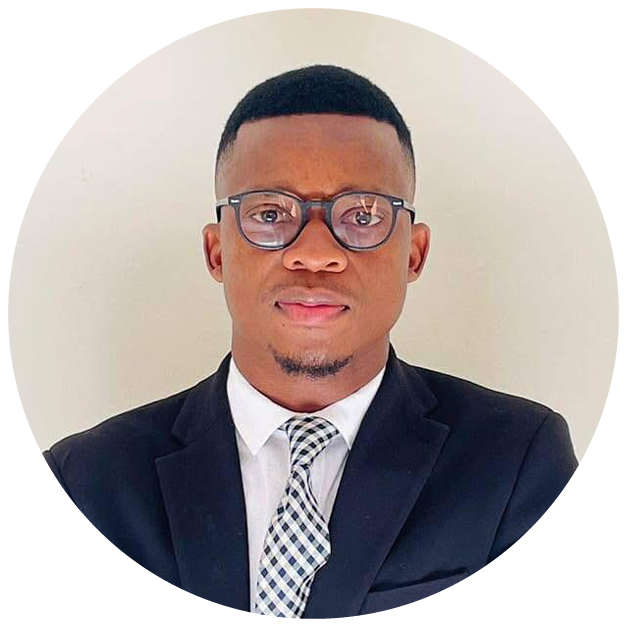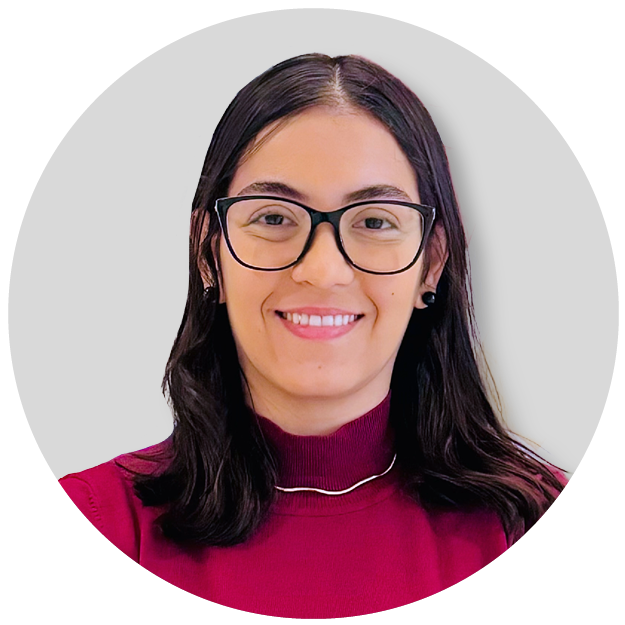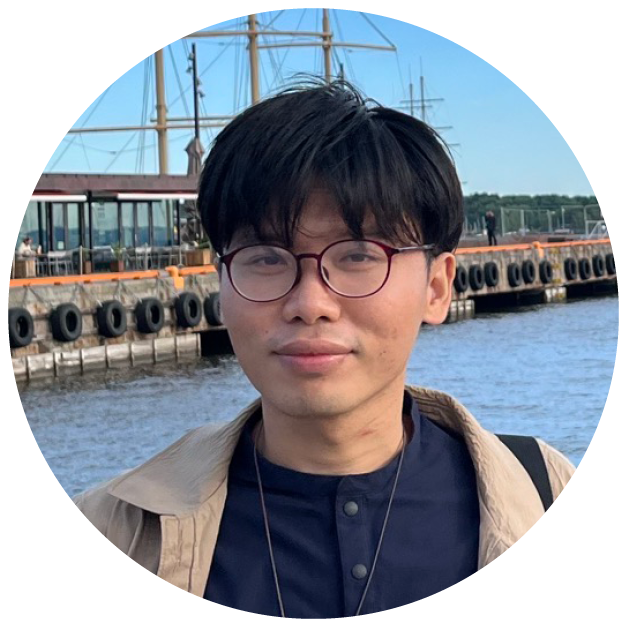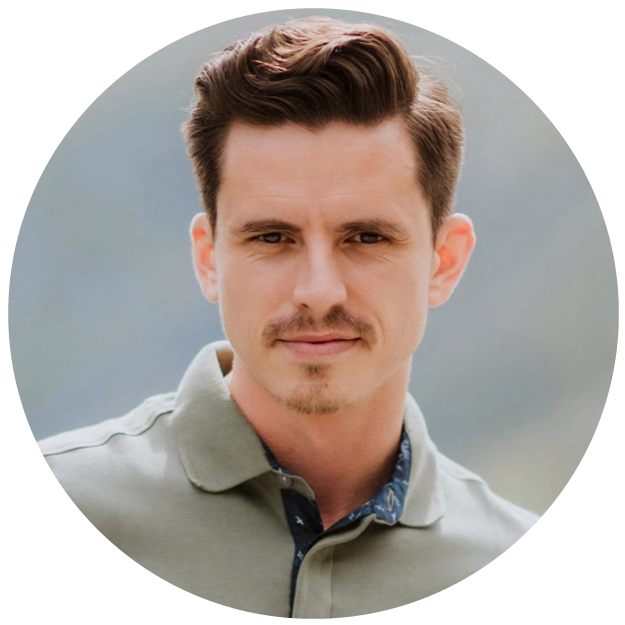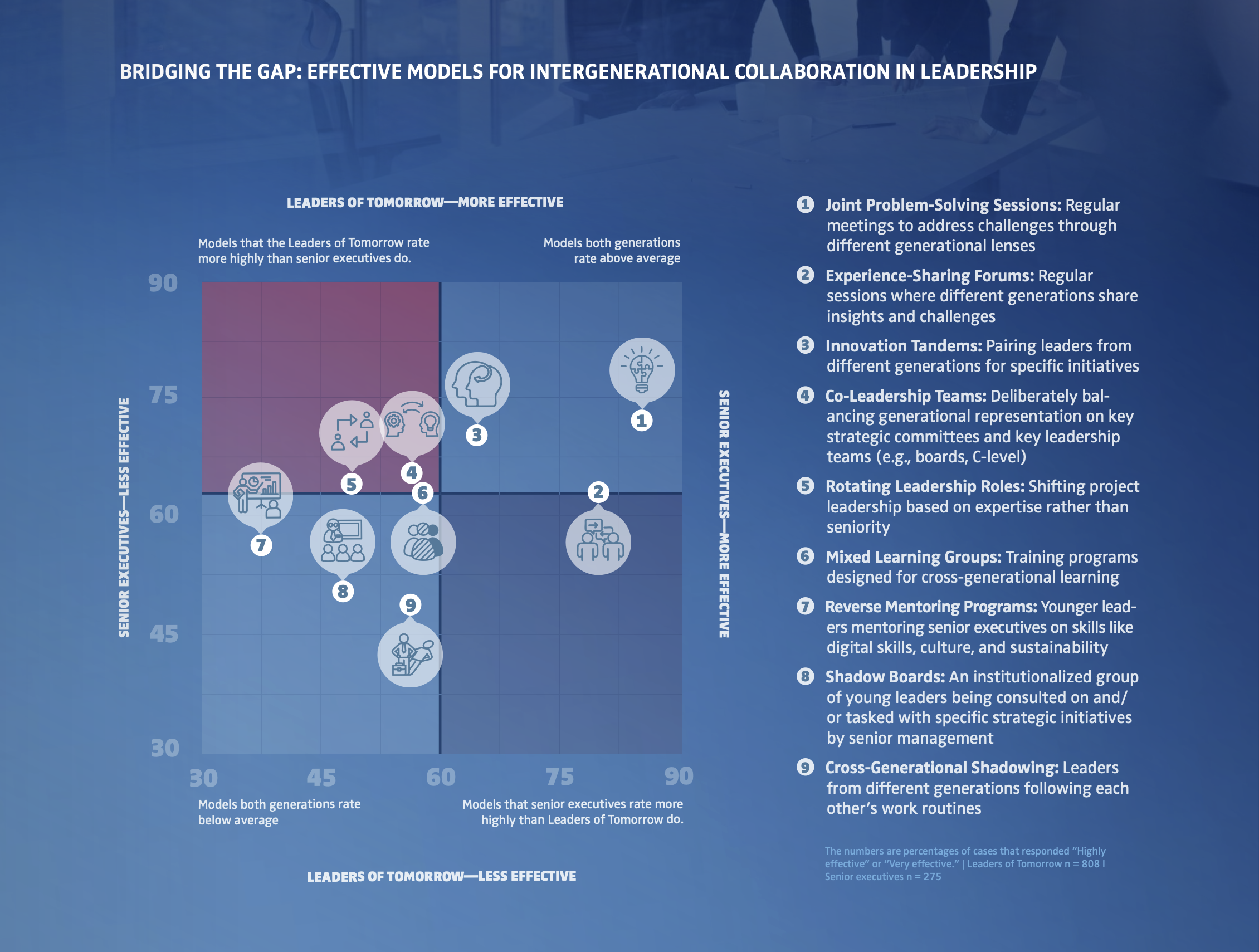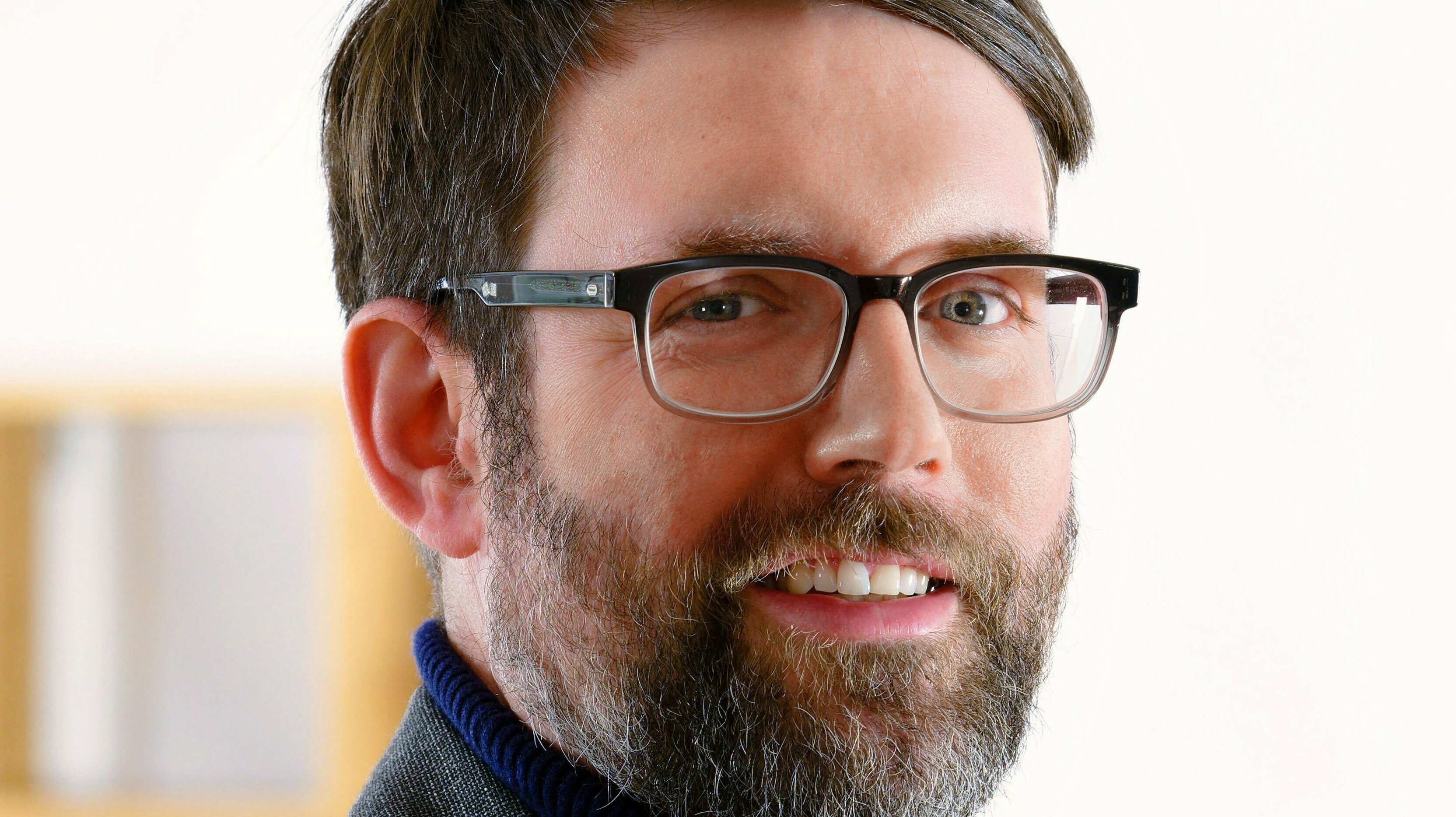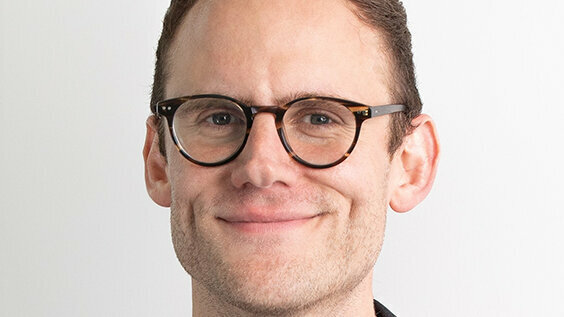
Voices of the Leaders of Tomorrow 2025
Navigating Global Power Shifts
How tomorrow’s leaders perceive and respond to shifting global dynamics of power, conflict, and cooperation in a multipolar world.

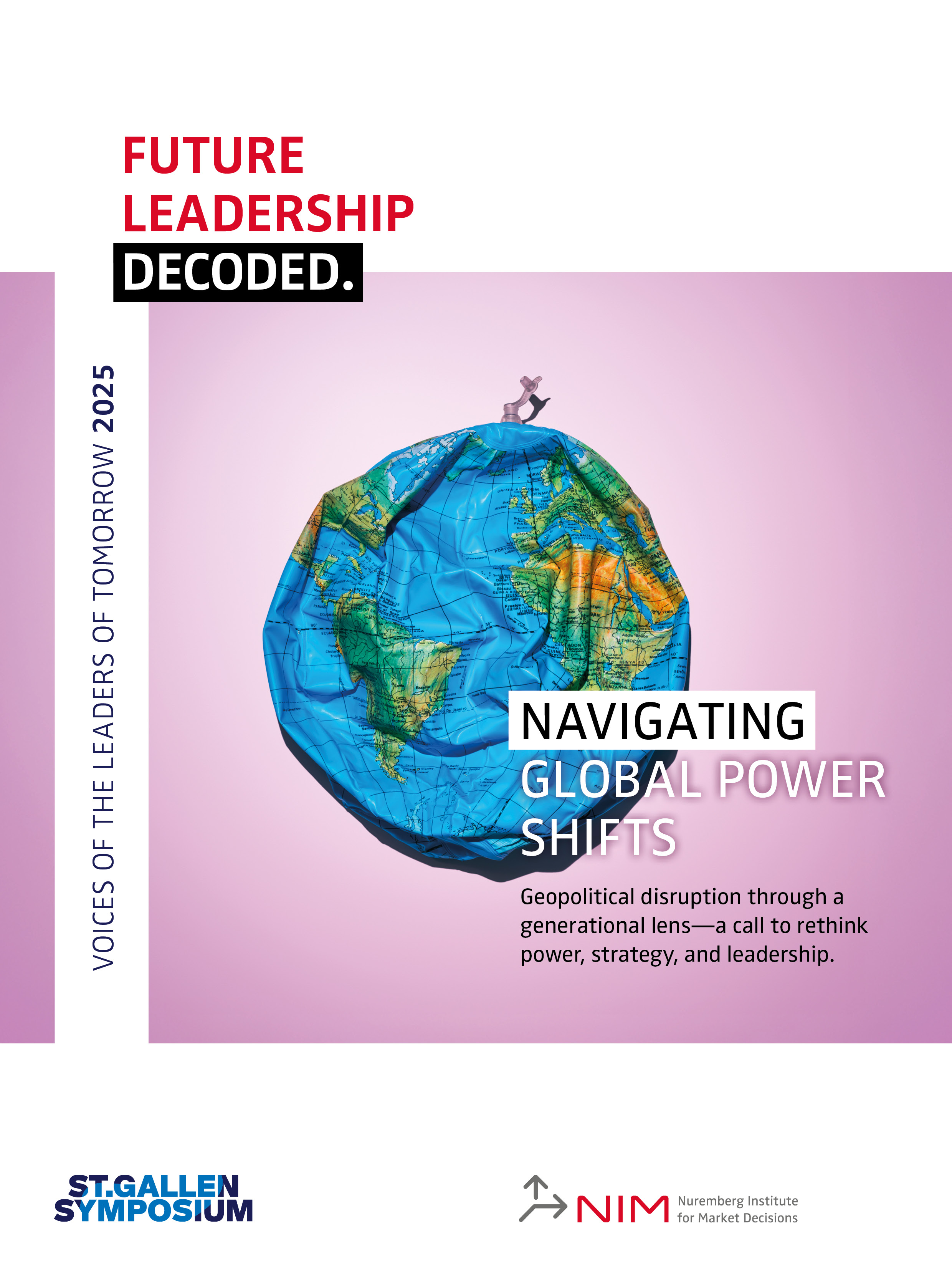
VOLOT 2025
How do businesses navigate a volatile world in disruption? This year’s edition of the Voices of the Leaders of Tomorrow Report by the Nuremberg Institute for Market Decisions (NIM), in collaboration with the St. Gallen Symposium, reveals a striking contrast: young leaders and seasoned top executives perceive geopolitical risks and corporate responsibility through fundamentally different lenses.
- One study – two generations
- Global voices from 90+ countries
- Strategic impulses for business leaders
Suggested Citation
Buder, F., Rüdiger, F. & Dietrich, H. (2025). Voices of the Leaders of Tomorrow: Navigating global power shifts . Nuremberg Institute for Market Decisions & St. Gallen Symposium.
Mind the Gap: Geopolitical disruption through a generational lens
The Leaders of Tomorrow perceive today’s geopolitical shifts as a tectonic transformation. 72% of them anticipate major upheavals—only about a third of senior executives share that view. China is seen as an increasingly dominant force, while many of the Leaders of Tomorrow expect a decline in the influence of Western-led institutions. The VOLOT Report shows: where experienced executives still hope for stability, the next generation is already adapting.
I envision that new countries will take over economic power. For instance, China is rapidly growing to become a world leader when it comes to manufacturing and technology. (These changes will imply that some businesses will do better while some may suffer loss and go into extinction if they fail to follow the new economic trends particularly technological advancement.)
Leader Of Tomorrow Jennifer Obiorah, 28, Founder and CEO TeamUpcyclers, United Kingdom
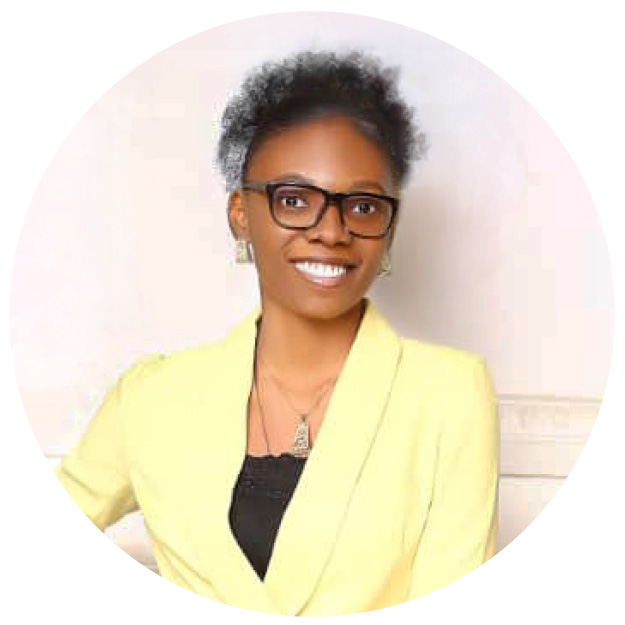
The Rise of New Powers – But Who Is Losing Influence?
Experienced executives tend to view the world as fundamentally stable, believing that existing powers and systems will adapt and persist—even as new players rise. In contrast, young leaders foresee more profound transformations, potentially reshaping global alliances and economic frameworks. The Leaders of Tomorrow expect declines of influence not only of established dominating players but also of Western institutions and alliances.
Voices of the Leaders of Tomorrow – An International Perspective on Global Power Shifts
The VOLOT Report 2025 is based on an international survey of 275 senior executives and 808 Leaders of Tomorrow from the St. Gallen Symposium network. The Leaders of Tomorrow come from over 90 countries and represent emerging global talent. Their perspectives reveal how they are rethinking business and society—and demanding accountability.
Navigation new Market Realities
Sustainability, ethics, social value: for the next generation of leaders, these are not optional extras—they are at the core of corporate responsibility. 75% of Leaders of Tomorrow demand concrete ESG measures, and 31% expect active political engagement. Many senior executives remain hesitant in comparison. The message is clear: to earn trust and future readiness, businesses must go beyond meeting the regulatory minimum.
Young leaders are redefining success. It’s no longer profit or purpose, it’s profit through purpose. To keep ESG front and centre, we must empower purpose-driven leadership at all levels and showcase the link between doing good and doing well.
Leader Of Tomorrow Alexia Hilbertidou, 26, Founder and CEO GirlBoss NZ, New Zealand
Geopolitical disruptions are redefining markets and business priorities. To stay resilient and competitive, companies must rethink strategies, scenario planning, and risk governance. While senior executives and the Leaders of Tomorrow share a belief in innovation and resilience, they differ in how they balance economic fundamentals with purpose-driven leadership.
Rethinking Leadership: Experience meets new Expectations
Young talent is eager for genuine co-leadership—but often runs into roadblocks. 57% cite the lack of willingness to delegate responsibility as the biggest barrier to effective collaboration.
Traditional leadership models—hierarchy and seniority—are being challenged. Instead, 66% of the next generation favor rotating or shared leadership structures. The call to action is clear: to strengthen intergenerational teams, we must rethink responsibility.
An ideal leadership model blends experience with fresh perspectives through cross-generational co-leadership teams and rotating roles based on expertise rather than seniority alone. (I'd support these mechanisms because they encourage collaboration, continuous learning, and mutual respect.) Such inclusive structures boost innovation, flexibility, and motivation, driving organizational success.
Leader Of Tomorrow Helena Kandjumbwa, 29, Chief of Staff (Climate Finance & Impact Monitoring), Namibia
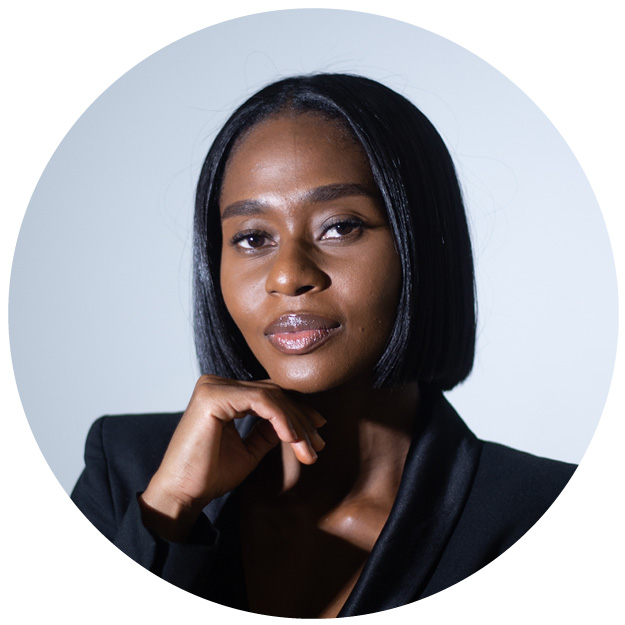
Recommendation for action
How can leaders unlock the full potential of both generations to strengthen businesses in times of geopolitical volatility? The Leaders of Tomorrow suggest the following:
